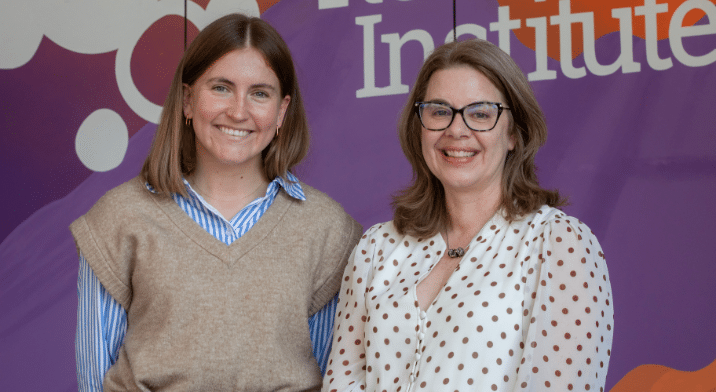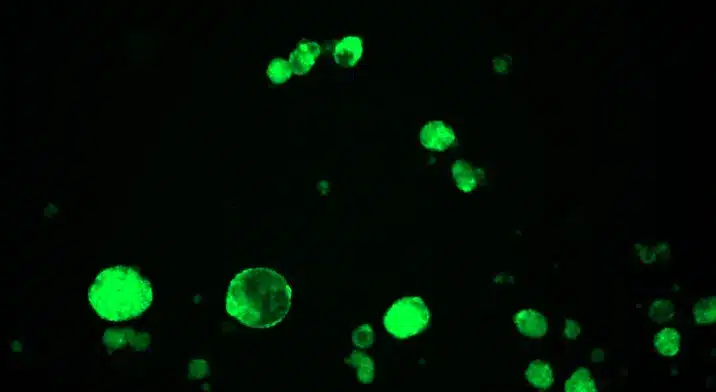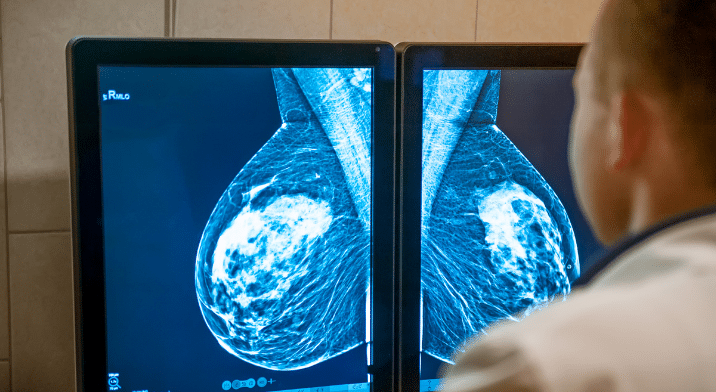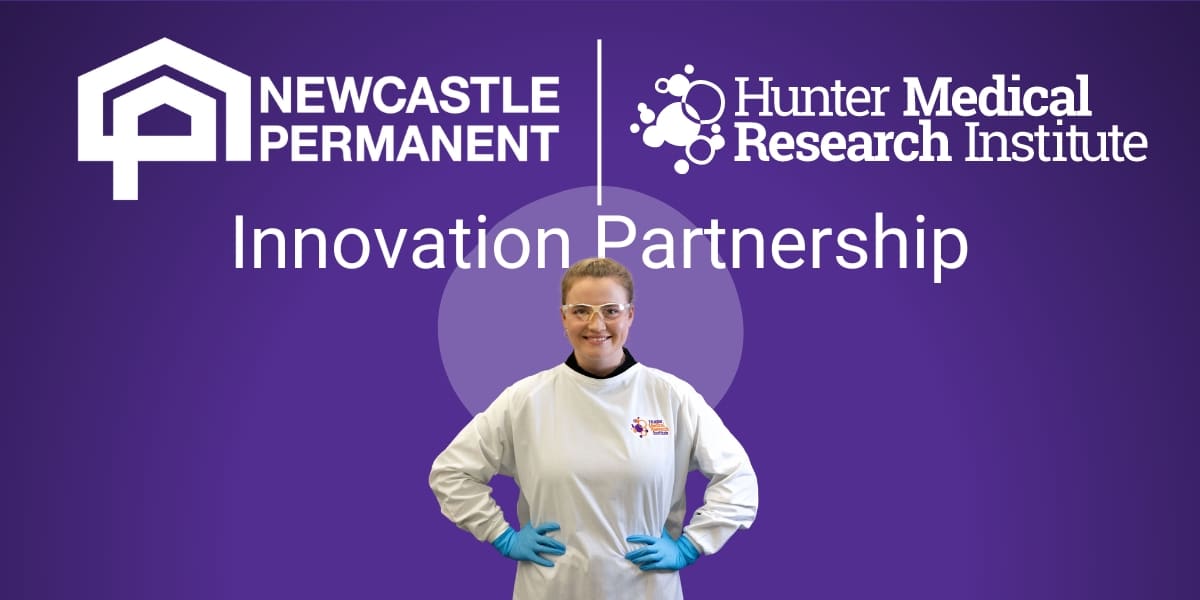Dr Natalie Trigg is a Postdoctoral Researcher at the University of Newcastle and the Hunter Medical Research Institute (HMRI) Infertility and Reproduction Research Program. Natalie works with a multidisciplinary research group to characterise the paternal epigenetic contribution to male fertility and offspring health.
Natalie’s continued interest in the sperm epigenome, more specifically sperm small non-coding RNAs drives her research to advance the understanding of the paternal contribution to the embryo and offspring.
Dr Trigg’s career in science began at the University of Newcastle completing a Bachelor of Biotechnology in 2015. After completing her undergraduate degree, Natalie worked for world-renowned reproductive biologist, Professor John Aitken.
In this position, Natalie’s passion for learning, the research environment and reproductive biology grew. She then commenced a PhD in 2017, where she led seminal research exploring the influence of environmental exposures on the sperm epigenome.
At the conclusion of her PhD, Natalie was recruited to Associate Professor Colin Conine’s lab at the University of Pennsylvania (USA) as a Postdoctoral Research Fellow. In this position, she gained specialised training in assisted reproductive techniques (embryo microinjection, intracytoplasmic sperm injection and embryo transfer) and RNA cloning and sequencing (small RNA and mRNA).
In mid-2024 Natalie returned to the University of Newcastle as a full-time postdoctoral researcher in Professor Brett Nixon’s lab. Currently, Natalie’s research investigates the dynamic nature of the sperm small RNA profile to paternal environmental stressors and examines the implications on early embryo development and offspring health.













